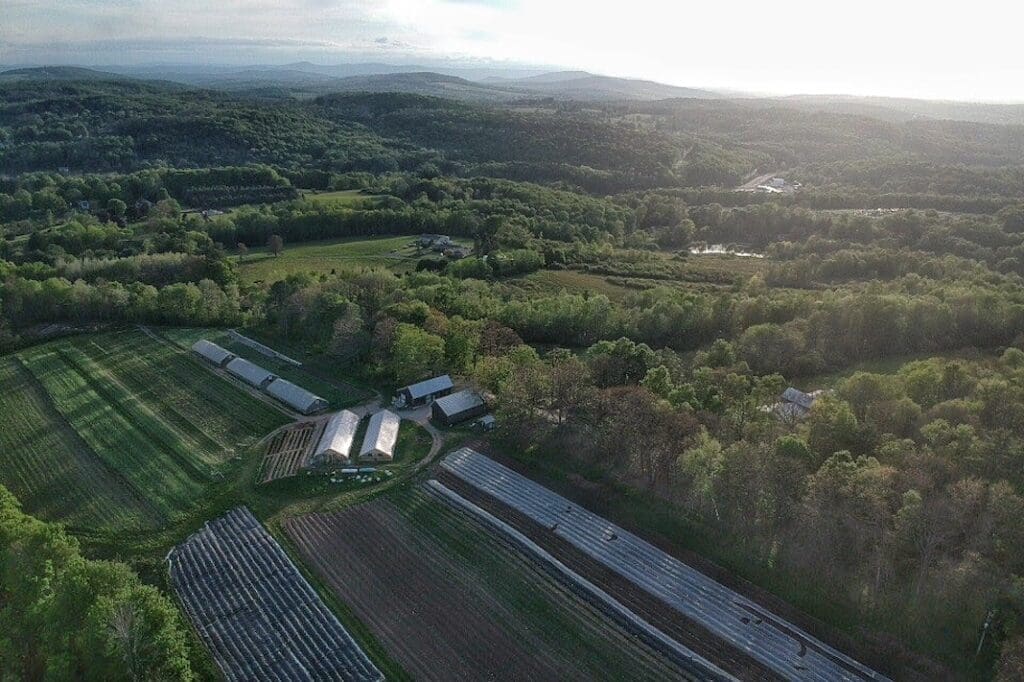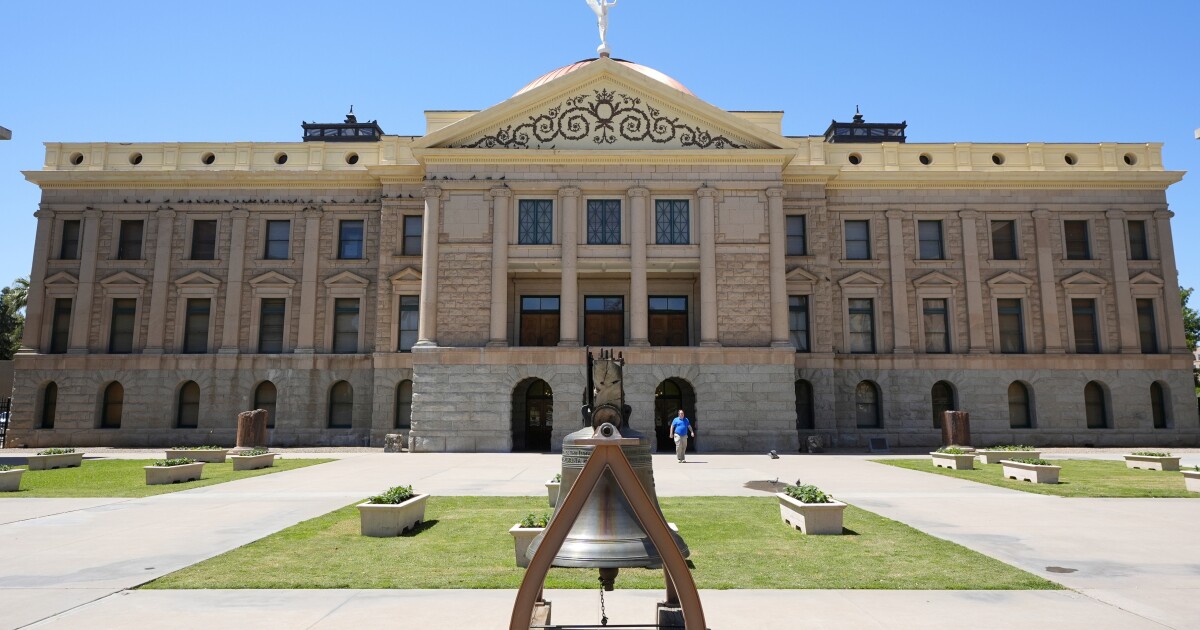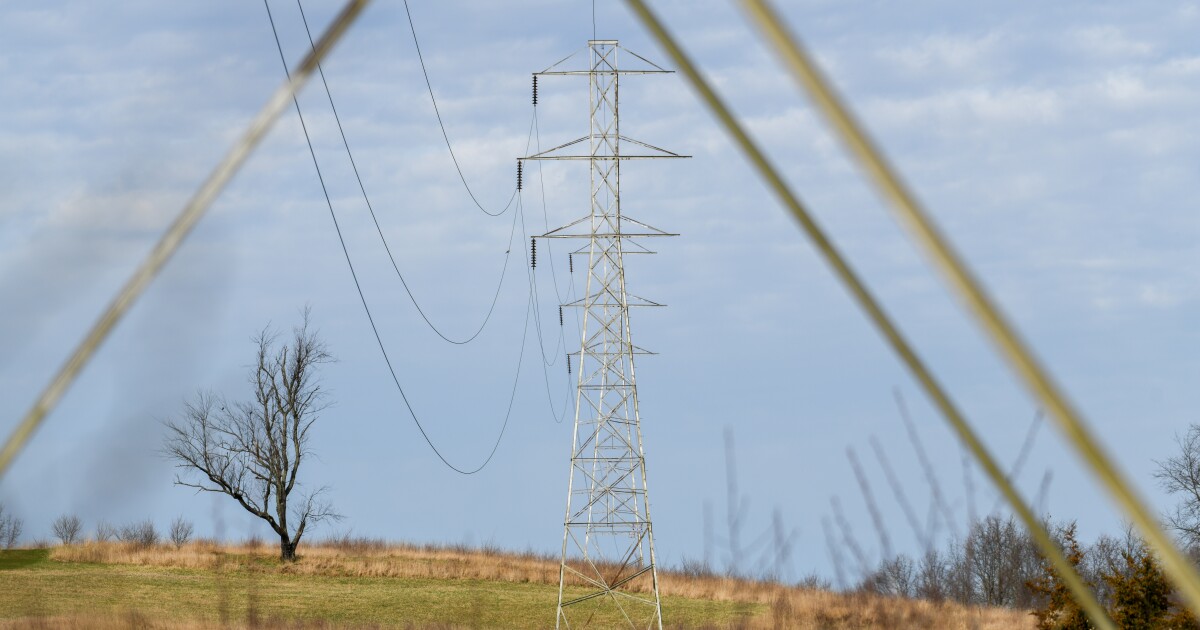Article Summary –
Farmers in the United States face financial challenges due to President Trump’s trade war with China, which has imposed tariffs on U.S. soybeans, and additional pressure from the potential expiration of Affordable Care Act tax credits that help subsidize their health insurance premiums. Over 25% of American farmers rely on ACA marketplace policies, and potential increases in insurance premiums could force some farmers, like Liz Krug of Endless Roots Farm, to consider off-farm jobs or risk going out of business. The ongoing issues have contributed to a rise in farm bankruptcies, exacerbated by immigration crackdowns that have reduced available labor, thus affecting agricultural production.
Many U.S. farmers face financial challenges, largely due to Trump’s tariff war with China. Another issue is the looming expiration of ACA tax credits in 2025 unless Congress intervenes. These credits subsidize premiums for health insurance through the Affordable Care Act.
The health policy organization KFF noted that over 25% of American farmers depend on ACA marketplace policies for health insurance. Liz Krug of Endless Roots Farm in Waverly, PA, received a letter from Gov. Josh Shapiro warning that without Congress extending ACA tax credits, premiums could rise by 83%.
“We’re very concerned,” said Krug, who co-owns Endless Roots Farm with her husband Mike. “Options are either poor health care with high deductibles, going without, or getting an off-farm job with benefits, which is heartbreaking.”
According to Keystone News, over 435,000 Pennsylvanians obtained health insurance through Pennie, the state’s ACA marketplace, in 2024.
The Krugs are first-generation farmers of 12 years. Endless Roots grows vegetables year-round on six acres, selling CSA boxes and operating an online farmers market. They also wholesale to nonprofits and raise pasture-raised hens.
Krug added that a final option could be going out of business. Farms hit by the U.S.-China trade war, especially those growing soybeans, face significant challenges. China retaliated against Trump’s tariffs by imposing tariffs on American soybeans, making them costly.

In 2018, Trump imposed tariffs on Chinese goods, sparking a trade war that led to a $20 billion loss in U.S. soybean sales.
John Boyd Jr., fourth-generation farmer in Virginia and founder of the National Black Farmers Association, grows soybeans, corn, and wheat. He criticizes Trump’s policies for damaging agriculture.
“Trump has caused a ‘man-made disaster,'” Boyd stated. “We primarily export corn, wheat, and soybeans, unlike other goods we just assemble here.”
Farm Trader reported 361 U.S. farms filed for bankruptcy in early 2025, a 13% rise from 2024.
“Losing these farmers means losing generational skills,” Boyd noted. “It’s a significant impact.”
Boyd criticized immigration crackdowns for causing labor shortages. “Crops rotted because we lacked skilled workers,” he explained, blaming the administration.
Krug emphasized that local farms enhance food system resilience. “Supporting local farms creates resilient supply chains,” she said, highlighting their importance during crises.

—
Read More Pennsylvania News










